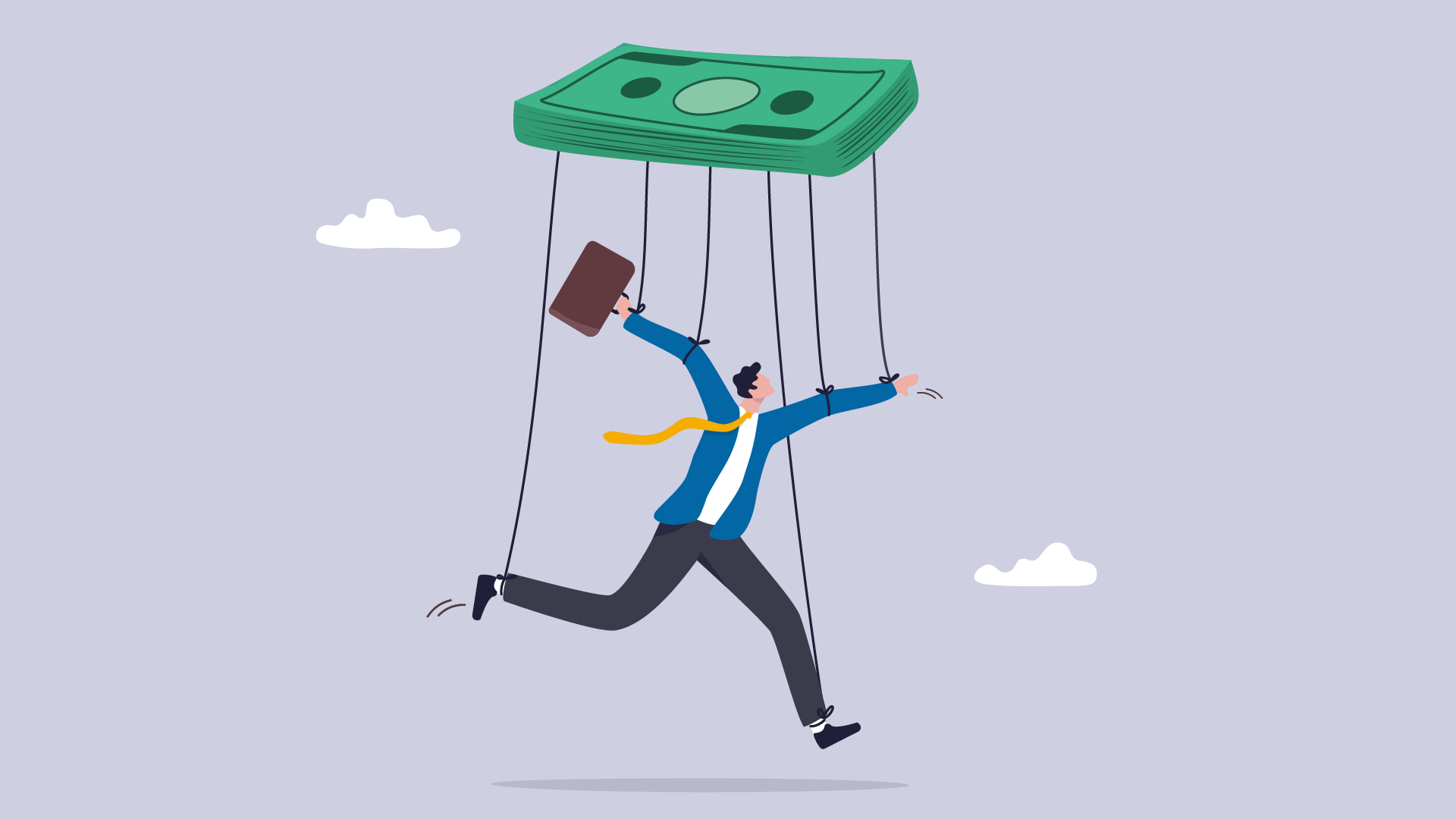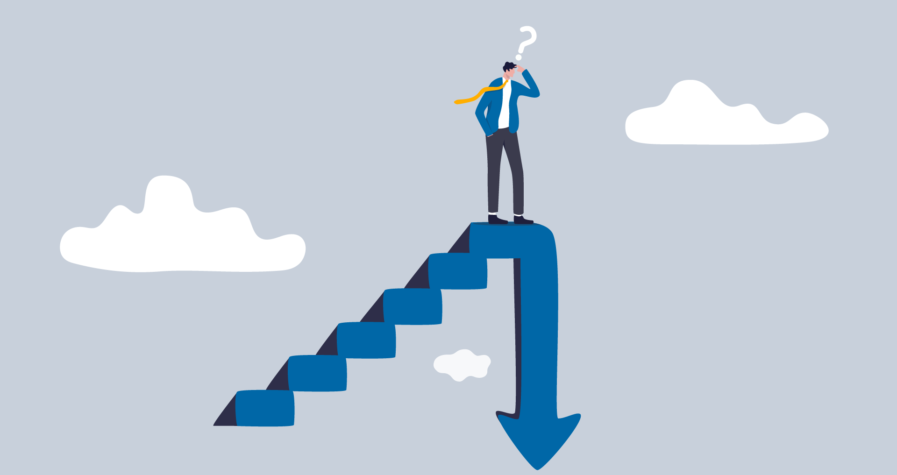Every trader on IronTrade is affected by his emotions. Your mental state impacts your decisions. This is especially important for beginners because they are less emotionally stable than professionals. Knowing how to control emotions during trading is the main thing that distinguishes newbies from experts. This article will explain trading psychology and give you some tips on how to trade emotionless.
Why is it important?
If you’ve been having trouble controlling your emotions lately, we help. The significance of emotion control can not be overdrawn! Just imagine the situation that you’ve opened an UPWARD trade on USDJPY ahead of some event that highly likely will lead to a quick rise of the USD. The event came, but things did not go out as expected, and the price went down!
You start to analyze what you have done, and still, according to all the analysis, the currency should go up, but it just continues to drop. The further it falls, the more emotions begin to take over. For traders, such a situation can be very stressful, leading to involuntary reactions. Professional traders take losses calmly because it is actually a normal part of the trading process. What is more important are involuntary reactions that may occur with traders and ruin their entire careers. Minimizing emotional trading requires some practice and can take a lot of trades to pass.
Now we will review the most common emotions that traders experience. Generally, it includes fear, conviction, greed, overconfidence, and anxiety.
When you open big trades (investing too much in one trade), it causes fear. The wrong size causes more mistakes because you are exposed to usual volatility (for you). The stress of risking causes you to make mistakes that you usually wouldn’t make. Another thing that may cause fear is a wrong trade. In other words, the one that does not fit your trading plan. You can be a good trader and lose, and vice versa. The main idea here is to keep yourself winning and losing only on trades that fit your trading plan.

Greed
If you have noted on trades you consider as potential winners, you are greedy. Of course, this greed may result from good trades, but if you let your guard down, you may slip and end up in losses.
Always make sure that you use proper trade operations. For example, stick to your risk/reward management, target levels, and overall trading setups. Careless trading caused by overconfidence may result in great losses.
So, how exactly one should manage trading emotions?
There is an old saying: ‘Failing to plan is planning to fail‘, representing the idea of trading strategies. Planning your approach is key to keeping harmful emotions out of your trading. Numerous techniques help traders to reach their goals. Choose carefully. What will work for one person may not work for another. Promising approaches imply some system, not intuition. Here are some simple rules to control your emotions and not let them prevail in your trading plan.
1. Personal rules
Setting strict rules to follow usually helps to control emotions. For example, the risk/reward levels are used for starting and stopping trading. It defines which losses are ok for you and when you should stop.
2. Trade the right market conditions
Markets are not ideal all the time. Moreover, “ideal” is different for various people. So, when you are not feeling good about trading, do not start it. Don’t think that gazing at the market will help you feel better. If you are not up to trading one day, just step aside and do not trade.
3. Use a lower amount for trades
One of the easiest methods to reduce the emotional effect of your trades is to trade with lower amounts. Imagine if you invest $50 into USDJPY. As the market moves by $1, you see just light fluctuations in the account. Now imagine if you’ve invested $10000 in the same currency pair. Now every $1 movement will result in much higher profits or losses. If you are not accustomed to this, you may feel fearful (even if it is in your favor). Start smaller amounts and raise stakes very gradually.
4. Keep a trading log
From the fundamental point of view, planning for different outcomes in the runup to crucial events may also be a strategy to keep in mind. Those traders who use a trading plan and those who do not usually have really different outcomes. However, just keeping a plan is not sufficient. Spend some time compiling it, think about strategies, and the rest.
5. Relax and enjoy!
Generally, relaxed traders tend to respond more rationally in any market conditions. That’s it.
Read IronTrade blog posts about emotions management. Check our free guides and news with trading signals from top analysts. Good luck!



